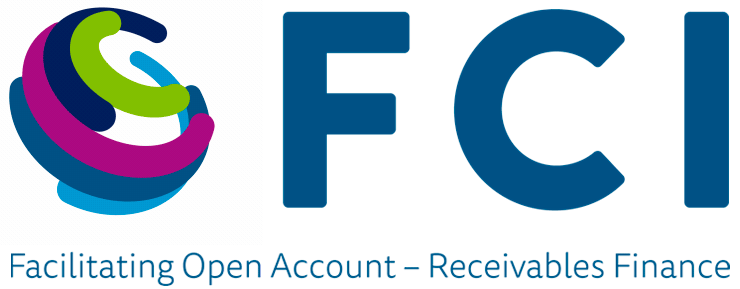Own Risk
If your company is new to factoring, we can keep this very brief. Taking own credit risk requires great expertise in:
-
Assessing the credit worthiness of buyers,
-
Monitoring the buyers’ payment performance,
-
Adequate and timely collection procedures,
-
Understanding warning signals from your factoring information system,
-
Handling trade disputes,
-
Dealing with insolvency issues.
Until you feel completely confident in the above areas, you should use credit insurance or stay out of import factoring. A large credit loss or repeated smaller losses can wipe out the entire income earned with factoring commissions!
Credit Insurance
Credit insurance is usually available in very developed markets and, in many ways, is a similar service to the credit cover provided by factoring. It can, therefore, be a competitor but it can also be an ally of factoring. Sellers can take out credit insurance instead of the credit cover provided by factoring and sign a recourse factoring contract. But you as a factor can also have a credit insurance policy in order to provide a full non-recourse import factoring service rather than underwriting and taking the risks yourself.
A credit insurance policy (contract) provides protection for the insured (the factor or the seller) against the non-payment of debts due to the insolvency of insured buyers. Cover is normally extended to include the protracted default of insured buyers – normally six months after due date of the invoice.
Insolvency covers a wide range of situations and its definition is normally the same as we use in our factoring contracts.
A key difference with factoring is that the insurer does not have direct contact with the buyers or daily access to the state of the A/R ledger. The insurer, therefore, must rely on what the seller or the factor tells him. For this reason, the disclosure of all relevant information by the insured is of paramount importance when it comes to settling claims.
You can find extensive information on credit insurance, its advantages and disadvantages in Part Five of the Guide to the Establishment of a Factoring Operation.



